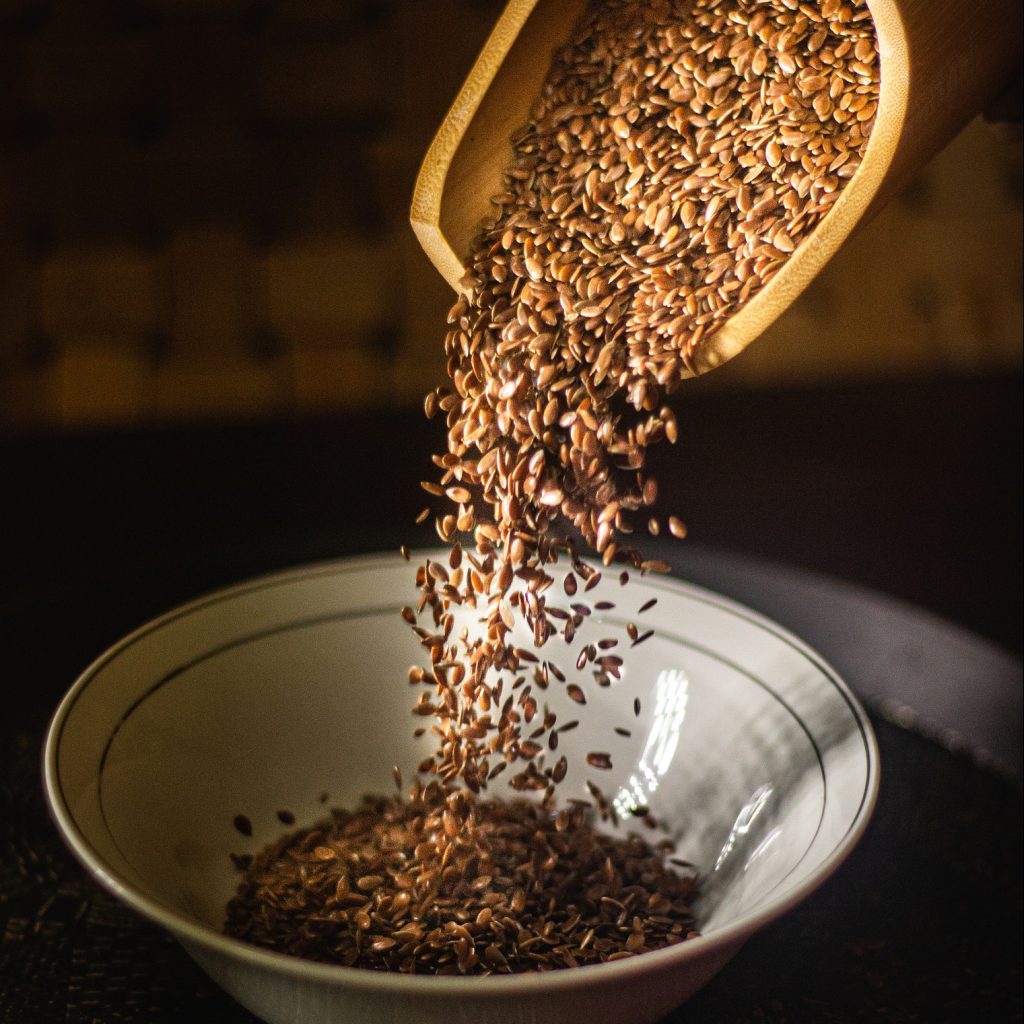Long regarded as a superseed and especially gaining popularity in recent decades with the rising number of health-conscious people, flaxseed is now considered as a staple in the nutrition world. It comes from the flax plant, likely first grown in parts of Egypt. Ever wondered why it is gaining popularity and how it became a favorite for a lot of health-conscious people? Here’s why:
Weight Loss Aid
Due to a glue-y soluble fiber called mucilage, flaxseed has a gel-like consistency when this mucilage is combined with water which slows down the emptying of the stomach. This leads to the consumer feeling quite full, therefore not allowing you to feel any hunger pang so soon. In fact, a compilation of 45 case studies concludes that the consumption of about 2 tablespoons of flaxseed, or 30g, results in body weight and waist measurement reductions.
Skin Benefits
Flaxseed can help improve skin conditions by quite a bit, hence it’s no secret why it’s so beloved by women & men all over the world. It improves skin hydration and smoothness, which is great if you want more supple skin. It is also proven by a study that flaxseed oil leads to significant decreases in skin sensitivity, skin roughness and scaling.
High in Omega-3
Flaxseed is loaded with something called alpha-linolenic acid (ALA), which is a type of fatty acid that is very beneficial for heart health. Although most times our go-to source of omega-3 are supplements such as fish oil capsules due to fish being high in it, flaxseed also contains quite a significant amount in ALA, hence making it suitable for vegetarians who cannot get their omega-3 fix from fishes.
Lowers Risk of Cancer
This particular point is due to flaxseed being rich in something called lignans, plant compounds that have antioxidant and estrogen properties. This is a factor that prevents development of tumors, especially breast, prostate and colon cancers. Lignans also have antiangiogenic properties, which could stop tumors from forming new blood vessels and growing. In fact, a study done on 6000 women found that flaxseed consumers are 18% less likely to develop breast cancer.


